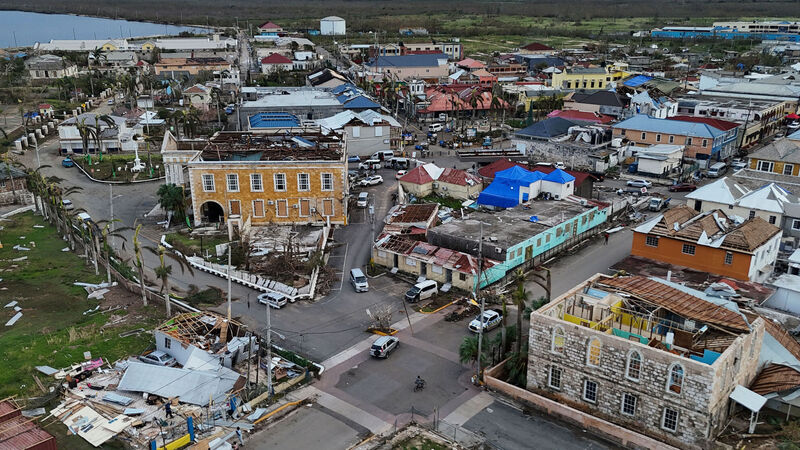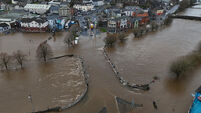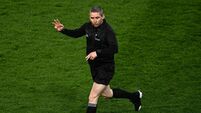Cop30: Irish experts fear the world won’t have the ambition to tackle climate change

Devastated buildings in Montego Bay, Jamaica, in the wake of Hurricane Melissa last week. Scientists warn that weather catastrophes such as hurricanes will be both stronger and more frequent due to climate change.
Taoiseach Micheál Martin was giving it the big ‘ní neart go cur le chéile’ in his speech at the COP30 climate change leaders’ summit in Brazil last week, as he stressed the need to act with “unity and with more urgency”.
But in carefully-worded remarks midway through his speech on Thursday, he said that the “spirit of common purpose is weakening” and the world’s attention is being diverted elsewhere.
CLIMATE & SUSTAINABILITY HUB
















